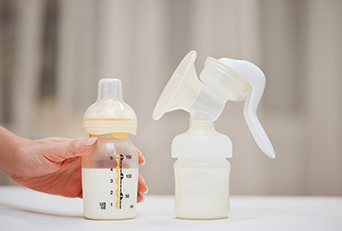Get Your Child to Say Yes

There are often times when you want your child to do something, but it results in a NO. You lose your calm, get angry, and there is a lot of shouting and crying. And even if the work does get done, it may not be the way you wanted it.
It is important to teach your child about the importance of discipline, but how do you do it without making them upset and without losing your cool?
Here are
1. Work on alternatives: Each time there is a problem, try and remember what triggered the same and remember it for the next time. For instance, if your child lost a copy of the house keys, instead of saying you will never let them have it again because they lose it, find out an alternative. You can attach it to a safety key ring and then attach it to your child’s school bag. This way, he or she can use the key and have it safe too.
2. Switch roles: If you regularly have problems with your child, try switching roles to help both of you reach a solution. You be the child and let your child be the parent. Now try out something like a shopping roleplay, where you insist on a toy and your child refuses to buy. Or you could take some example from class where you have a problem with something and your child has to be the teacher. This will help you both understand each other’s perspective and be more tuned towards the other.
3. Help them calm down: Constant altercations can really stress out a child, and it is important to help your little one relax and avoid anxiety. Teach your child basic breathing methods that will help prevent anger, anxiety and tantrums. It is important that you follow the same too and do not lose your cool.
4. Hand out responsibility: Give your child age-appropriate responsibilities that you know they can carry out. This will also help to improve their productivity as well as improve their thinking as well as organizational skills.
5. Encourage incentives: While some may call it bribing, adding incentives to your child’s good behaviour can actually have a very positive effect. Attach some exciting and clear incentives to your child’s overall behaviour and manners. It does not always have to be materialistic but can also be simple such as letting your child choose the next day’s meal as per his or her choice.












WHAT DO YOU THINK?